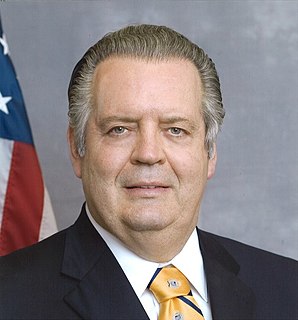A Quote by John Locke
The care of souls cannot belong to the civil magistrate.
Related Quotes
If the civil magistrate be a Christian, a disciple or follower of the meek Lamb of God, he is bound to be far from destroying the bodies of men for refusing to receive the Lord Jesus Christ: for otherwise he would be ignorant of the sweet end of Christ's coming, which was to save the bodies and souls of men.
The opinions of men are not the object of civil government, nor under its jurisdiction; that to suffer the civil magistrate to intrude his powers into the field of opinion and to restrain the profession or propagation of principles on supposition of their ill tendency is a dangerous falacy, which at once destroys all religious liberty...
Even if the civil magistrate is so gifted as to prophesy in the church, yet in the sphere of his civil duties he is forbidden to call down fire from heaven, that is, to procure or inflict any corporal punishment upon offenders in religious doctrine or practice, remembering Christ's admonition that He came not to destroy men's lives, but to save them.
The civil magistrate cannot function without some ethical guidance, without some standard of good and evil. If that standard is not to be the revealed law of God (which, we must note, was addressed specifically to perennial problems in political morality), then what will it be? In some form or expression it will have to be the law of man (or men) — the standard of self-law or autonomy.
I'm not in show business because I don't have to go to the meetings, I'm just not a part of it, I don't belong to it. When you "belong" to something. You want to think about that word, "belong." People should think about that: it means they own you. If you belong to something it owns you, and I just don't care for that. I like spinning out here like one of those subatomic particles that they can't quite pin down.
Any single man must judge for himself whether circumstances warrant obedience or resistance to the commands of the civil magistrate; we are all qualified, entitled, and morally obliged to evaluate the conduct of our rulers. This political judgment, moreover, is not simply or primarily a right, but like self-preservation, a duty to God. As such it is a judgment that men cannot part with according to the God of Nature. It is the first and foremost of our inalienable rights without which we can preserve no other.





































